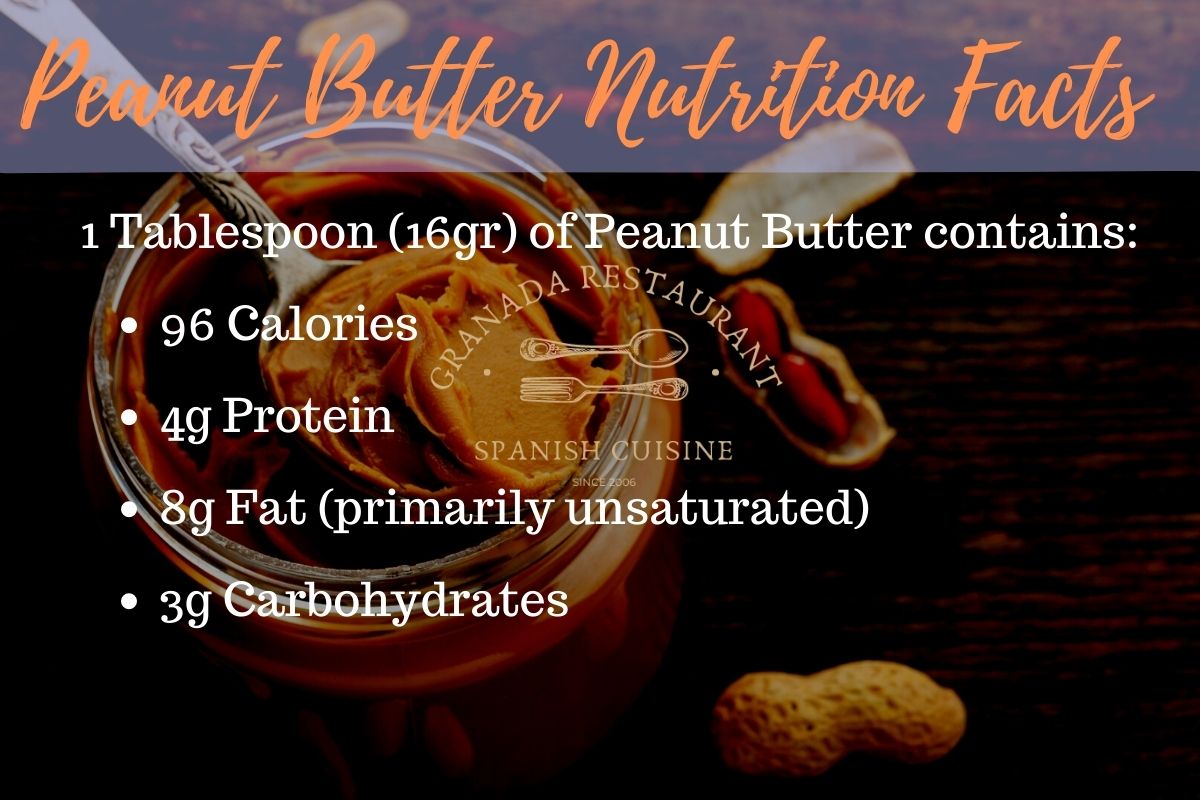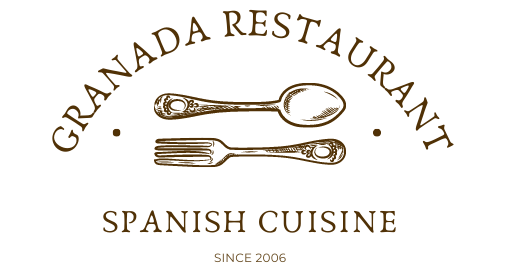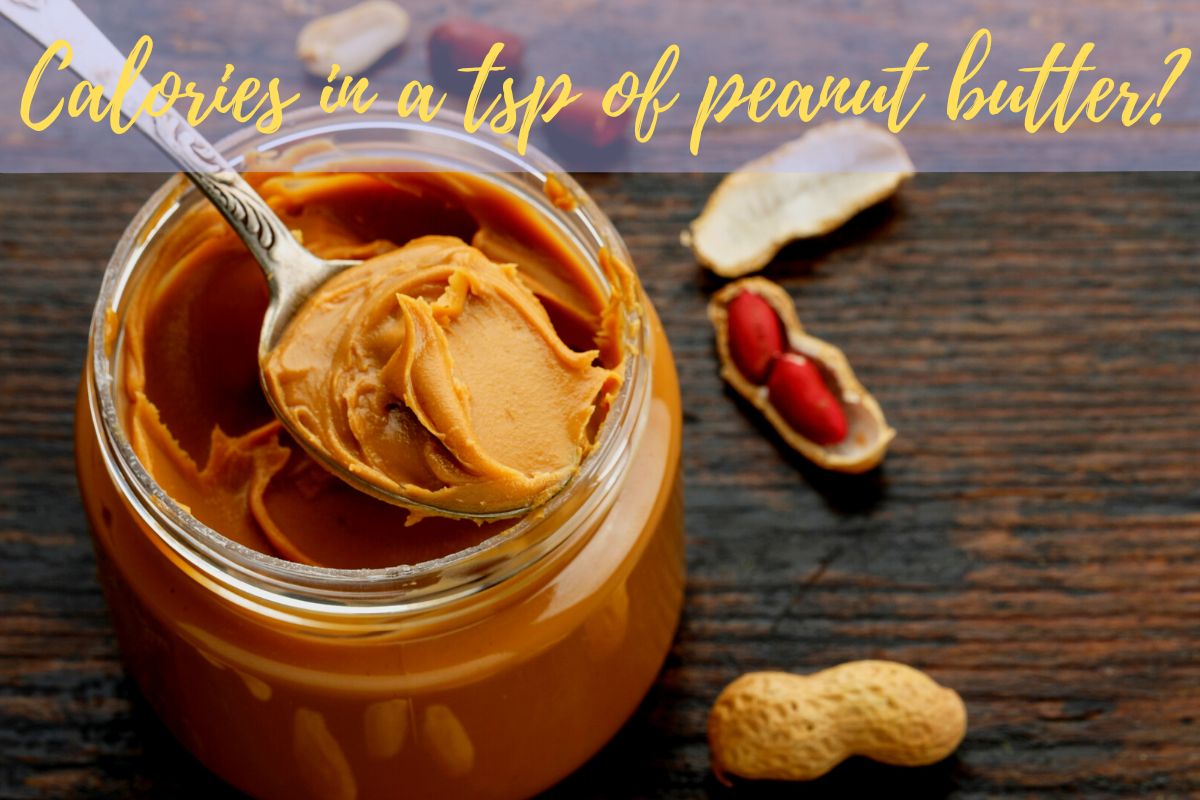Learning how to figure out how many calories are in different foods is a key part of living a healthy life. One of the most important aspects to consider when looking at nutritional information is the number of calories in each portion. This can help you keep track of your daily intake or provide some basic context while deciding what meal to have.
This article will examine how many calories in a tsp of peanut butter. We’ll also look at what nutrients it has and what health benefits it might have so that you can make healthier choices.
What is Peanut Butter?
Peanut butter is a popular spread and snack food typically made from ground, dry-roasted peanuts. It can be found in most grocery stores and supermarkets, with wide varieties available, ranging from smooth to extra chunky.
It is commonly used in sandwiches, toast toppings, desserts, or snacks straight out of the jar. It also contains vitamins and minerals, such as Vitamin E, magnesium, phosphorus, and potassium.
How Many Calories in A Tsp of Peanut Butter?
A teaspoon (tsp) of peanut butter typically contains around 30-40 calories, depending on the brand and type. However, it’s important to note that peanut butter is also high in fat and protein, which can contribute to its overall calorie count.
It’s important to measure and keep track of how much peanut butter and other foods you eat to ensure you meet your nutritional goals and don’t exceed your daily calorie limit.
|Find out: Surprising Truth About Calories Count in 6 oz Chicken Breast
Peanut Butter Nutrition Facts
Peanut butter is packed with nutrients that provide many health benefits. Here are some of the key nutritional facts about peanut butter:
Calories in Peanut Butter
One tablespoon (16 grams) of peanut butter contains approximately 96 calories. This makes it a relatively high-calorie food, especially if consumed in large amounts.
Protein in Peanut Butter
Peanut butter is an excellent source of protein, with one tablespoon containing approximately 4 grams of protein. Protein is an essential nutrient that helps build and repair tissues in the body.
Fat in Peanut Butter
Peanut butter is also high in fat, with one tablespoon containing approximately 8 grams. However, most peanut butter is unsaturated, a healthy fat that can help lower cholesterol levels.
Carbohydrates in Peanut Butter
Peanut butter is low in carbohydrates, with one tablespoon containing approximately 3 grams of carbohydrates. This makes it a suitable food for people who are following a low-carbohydrate diet.

How to Measure Peanut Butter
Measuring peanut butter can be tricky, as it’s a sticky and dense ingredient. Here are some tips for measuring peanut butter accurately:
- Use a tablespoon or teaspoon to scoop the peanut butter from the jar.
- Level off the spoon using a knife or scraper to remove any excess peanut butter.
- Use a kitchen scale to weigh the peanut butter accurately.
Using the right amount of peanut butter, you can control how much you eat and ensure you don’t get too many calories.
|Read: Beef Lovers Beware: Surprising Caloric Cost of Ground Beef!
Is Peanut Butter Good for Weight Loss?
Despite being high in calories, peanut butter can be a healthy addition to your diet if consumed in moderation. Peanut butter is packed with protein, healthy fats, and fiber; all of these nutrients can help you feel fuller for longer, which can lead to a reduction in overall calorie intake.
However, it’s important to remember that peanut butter is calorie-dense, and consuming too much can lead to weight gain. To ensure peanut butter is a healthy part of your diet, you should eat it in small amounts and pair it with other healthy foods.
How to Choose Healthy Peanut Butter
When choosing peanut butter, it’s important to look for brands with minimal added ingredients. Many brands of peanut butter contain added sugar, salt, and oils, which can increase the calorie and fat content.
To choose healthy peanut butter, look for brands that contain only peanuts and salt. You can also choose natural peanut butter, which typically contains only ground peanuts and no added ingredients.
It’s also important to consider the serving size when choosing peanut butter. Some brands of peanut butter contain larger serving sizes than others, which can lead to consuming more calories than you realize.
Common Misconceptions About Peanut Butter
Here are some common misconceptions about peanut butter:
- Peanut butter is unhealthy: While peanut butter is high in fat and calories, it can also be a healthy addition to your diet in moderation. Peanut butter is a good source of protein, healthy fats, and other nutrients, such as vitamin E and magnesium.
- Peanut butter causes weight gain: While consuming too much peanut butter can lead to weight gain, incorporating moderate amounts into your diet can help with weight loss. The protein and fiber in peanut butter can help you feel full and satisfied, which may reduce your overall calorie intake.
- All peanut butter is the same: Not all peanut butter is created equal. Some brands of peanut butter may contain added sugars, oils, or preservatives, while others may be made with only peanuts and salt. Reading the label and choosing a peanut butter that fits your nutritional needs is important.
- Peanut butter is only for sandwiches: Peanut butter can be used in various ways, including as a dip for fruits and vegetables, a topping for oatmeal or yogurt, or as an ingredient in smoothies or baked goods.
- Peanut butter is not safe for people with nut allergies: While peanut butter is made from peanuts, technically legumes, not nuts, it can still be dangerous for people with peanut allergies. It’s important to check with your doctor before incorporating peanut butter into your diet if you have a peanut allergy.
Frequent Asked Questions
Is peanut butter a good source of protein?
Yes, peanut butter is an excellent source of protein, with one tablespoon containing approximately 4 grams of protein.
How many calories are in a tablespoon of peanut butter?
One tablespoon of peanut butter contains approximately 96 calories.
Can peanut butter help with weight loss?
While peanut butter is calorie-dense, it can be a healthy addition to your diet if consumed in moderation and with other nutritious foods.
What is the healthiest type of peanut butter?
The healthiest type of peanut butter contains only peanuts and salt, with no added sugars or oils.
How should I measure peanut butter?
You can measure peanut butter using a tablespoon or teaspoon to scoop it out of the jar, level off the spoon with a knife or scraper, or use a kitchen scale to weigh it accurately.
How many calories are in 2 teaspoons of natural peanut butter?
Two teaspoons of natural peanut butter contain around 60-80 calories, depending on the brand and type.
How many calories are in a heaped teaspoon of peanut butter?
The calorie content of a heaped teaspoon of peanut butter can vary depending on the size of the heap, but it’s generally around 40-50 calories.
How many calories are in a tsp of peanut butter?
As mentioned, a teaspoon of peanut butter typically contains around 30-40 calories.
How many calories are in a tbsp of peanut butter?
One tablespoon (tbsp) of peanut butter usually contains around 90-100 calories.
How many calories are in a cup of peanut butter?
A cup of peanut butter weighs approximately 258 grams and contains around 1,590-1,700 calories, depending on the brand and type.
How many calories are in 2 teaspoons of Jif peanut butter?
Two teaspoons of Jif peanut butter contain around 60-70 calories.
How many calories are in a jar of peanut butter?
The calorie content of a jar of peanut butter can vary depending on the size of the jar and the brand/type of peanut butter. For example, a 16-ounce Skippy Creamy Peanut Butter jar contains around 3,040-3,200 calories.
How many calories are in a pound of peanut butter?
A pound of peanut butter weighs approximately 454 grams and contains around 2,780-2,960 calories, depending on the brand and type.
Is 1 tbsp of peanut butter healthy?
Peanut butter can be a healthy addition to your diet in moderation, as it is high in protein, healthy fats, and other nutrients. However, it is also high in calories, so it’s important to measure your intake and stay within your daily calorie allowance.
How many calories are in an ounce of peanut butter?
One ounce of peanut butter contains around 150-170 calories, depending on the brand and type.
—-
Peanut butter is a delicious and nutritious ingredient that can be enjoyed in moderation as part of a healthy diet. You can get the benefits of peanut butter without eating too many calories if you measure the right amount and choose brands with a few extra ingredients.
Remember that peanut butter is high in calories, so it’s important to consume it in moderation and pair it with other nutritious foods. By doing so, you can enjoy all the health benefits of peanut butter while maintaining a healthy weight.
Further Reading:
- Peanut Butter Food Safety Concerns
- Peanut butter – FoodData Central – USDA
- Natural Peanut Butter – FoodData Central – USDA
- How to Make Peanut Butter: 15 Steps

I am Benjamin Nunez, and I love Spanish food, Italian food, and seafood. I have worked in kitchens all my life. I started as a dishwasher when I was just a teenager, and worked my way up to being a head chef.
I specialize in Spanish cuisine, but I can make any kind of Italian or seafood dish you want. My kitchen is always open! Website: https://granadarestaurant.com/

